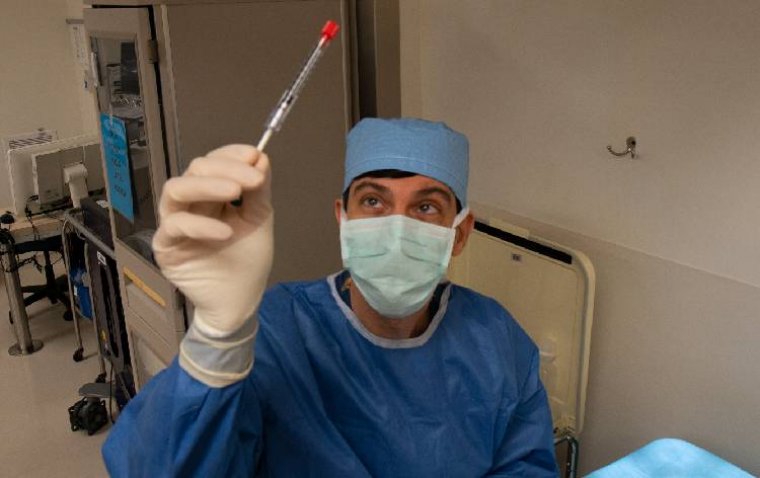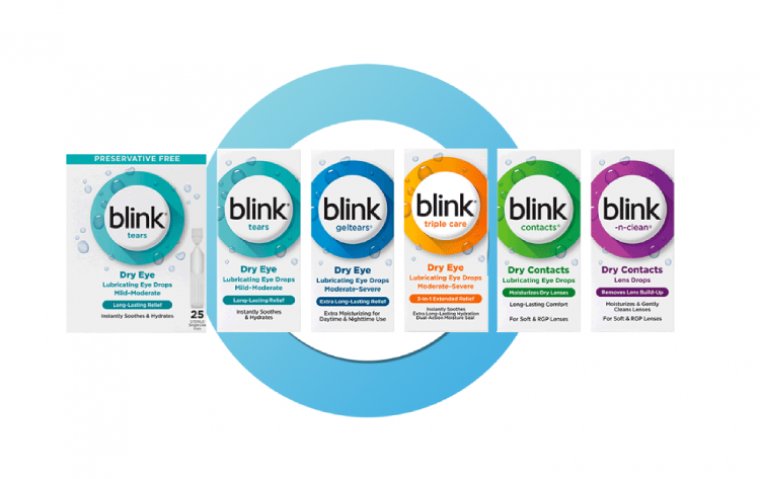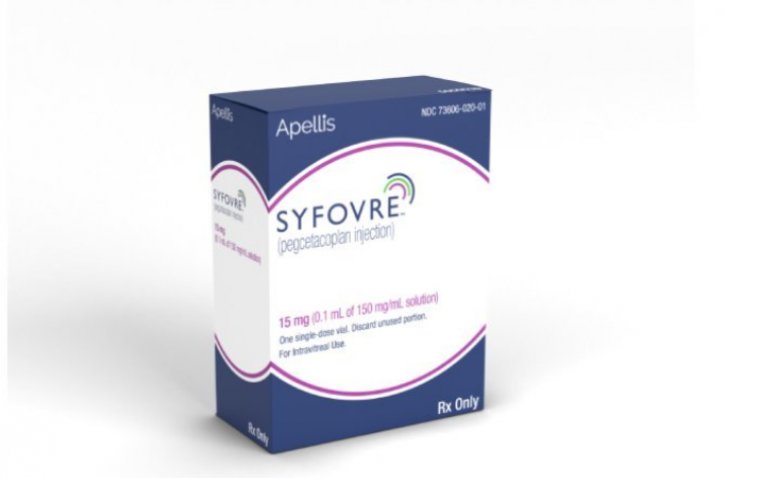
Novel Gene Therapy Improves Vision in Children with Leber Congenital Amaurosis
In a landmark clinical trial, CRISPR-Cas9 gene editing has proven safe and effective in treating a form of inherited blindness, marking a significant milestone in genetic medicine. The multi-site BRILLIANCE trial, involving the Perelman School of Medicine at the University of Pennsylvania and Children’s Hospital of Philadelphia (CHOP), tested a novel gene-editing therapy on 14 participants, including two children under the age of 17. These participants suffer from Leber Congenital Amaurosis (LCA), a blindness caused by mutations in the CEP290 gene.
Promising Results for Pediatric Vision Enhancement
The trial results, published in the New England Journal of Medicine (NEJM), are promising, with nearly half of the participants reporting measurable improvements in their vision. Remarkably, this includes the two children involved, highlighting the potential of this therapy to enhance the quality of life significantly.
“Our patients are the first congenitally blind children to be treated with gene-editing, which significantly improved their ability to see things like daylight. Our hope is that the study will pave the road for treatments of younger children with similar conditions and further improvements in vision,” stated Tomas S. Aleman, MD, a site principal investigator of the trial and a pediatric ophthalmologist at CHOP.
Comprehensive Vision Assessment Methods
This pioneering trial utilized various measures to ascertain improvements in vision, such as dark-adapted full-field stimulus testing and a visual function navigation test involving a physical maze. Of the participants, 11 experienced improvement in at least one measure, while six saw enhancements in two or more. The researchers specifically noted meaningful improvements in "cone-mediated vision," essential for color perception.
Significantly, no side effects or dose-limiting toxicities were reported throughout the study, underscoring the safety of the gene editing agent EDIT-101, developed and funded by Editas Medicine Inc.
Extensive Support and Collaboration
The research also received backing from prestigious institutions and grants, including the National Institutes of Health, the Malcolm M. Marquis MD Endowed Fund for Innovation, and unrestricted grants from Research to Prevent Blindness to both Casey Eye Institute and the Scheie Eye Institute. Additional support was provided by the Irene Heinz Given and John La Porte Given Endowment, and Hope for Vision.
This trial not only represents a breakthrough in treating genetic blindness but also sets a precedent for using gene editing to tackle other genetic diseases where traditional therapies such as gene augmentation are not viable. The study was primarily conducted at CHOP and Penn Medicine for the pediatric segment, with Eric Pierce, MD, PhD, of Mass Eye and Ear as the main principal investigator. Other research was conducted at the Casey Eye Institute at Oregon Health & Science University under the leadership of Mark Pennesi, MD, PhD.
About Leber Congenital Amaurosis
Leber Congenital Amaurosis (LCA) is a severe genetic disorder that primarily affects the retina, the light-sensitive tissue at the back of the eye, leading to significant vision loss or blindness at birth or within the first few months of life. LCA is caused by mutations in any one of more than 25 genes, each of which plays a critical role in the development and function of the retina's photoreceptors or the retinal pigment epithelium.
Individuals with LCA typically experience symptoms such as an inability to see in low light (night blindness), involuntary eye movements (nystagmus), and a diminished pupillary response to light. The condition is relatively rare, occurring in about 2 to 3 per 100,000 newborns. Although there is no cure for LCA, recent advancements in gene therapy and gene editing, like the CRISPR-Cas9 technique, offer potential treatments that can improve visual function and quality of life for those affected by this challenging condition.
Reference
Gene Editing for CEP290- Associated Retinal Degeneration, New England Journal of Medicine (2024). DOI: 10.1056/NEJMoa2309915
*Stay in the loop and make sure not to miss real-time breaking news about ophthalmology. Join our community by subscribing to OBN newsletter now, and get weekly updates.
(1).jpg)










